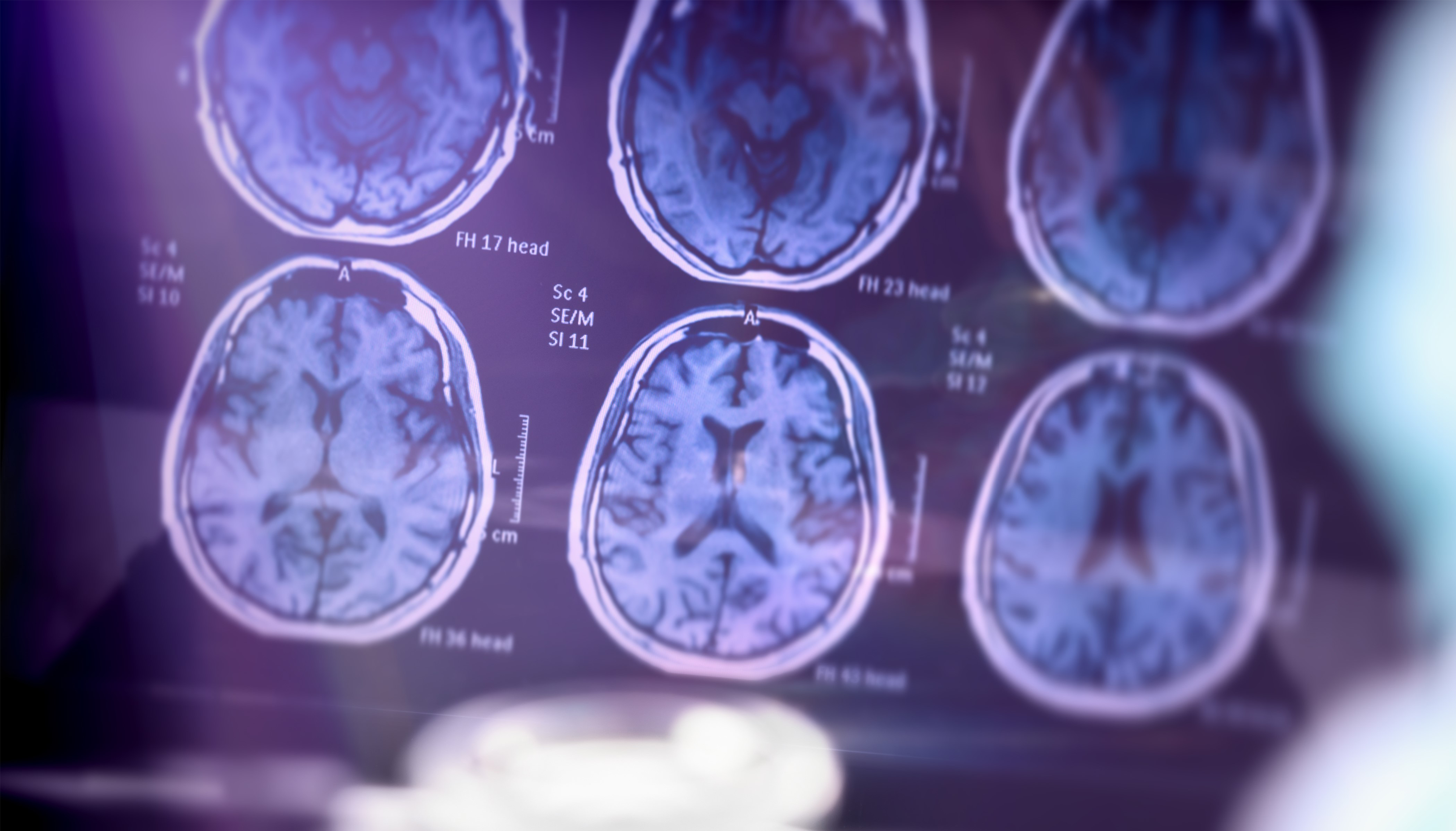By Regina Stracqualursi
Biomedical imaging is a critically important tool that allows doctors to diagnose and treat diseases more effectively. Artificial intelligence (AI) has immense potential when it comes to improving such technologies; however, vulnerabilities — more commonly known as deep learning adversaries — currently pose a risk.
Pingkun Yan, assistant professor of biomedical engineering at Rensselaer Polytechnic Institute, is on a mission to change this. With the support of a National Science Foundation CAREER Award, he is leading research to improve the AI techniques used in medical imaging
While such techniques have the potential to improve medical imaging as a whole, deep learning adversaries often result in inaccurate or confusing results. “The adversary might cause the system to generate undesired or unwanted outputs,” said Yan. “The clinicians may be confused by the output of the system, or a wrong diagnosis may just slip through. It could cause significant medical errors in the diagnosis process and cause significant cost to our health care system.”
Yan and his team are working to improve human health and boost the confidence of medical professionals by developing new AI tools that are more robust and in turn, make imaging systems more accurate by detecting and correcting adversaries.
“We see great potential in AI, machine learning, and deep learning in biomedical imaging,” he said. “We just need to build a system one step at a time to make it more robust, usable, and understandable.”




